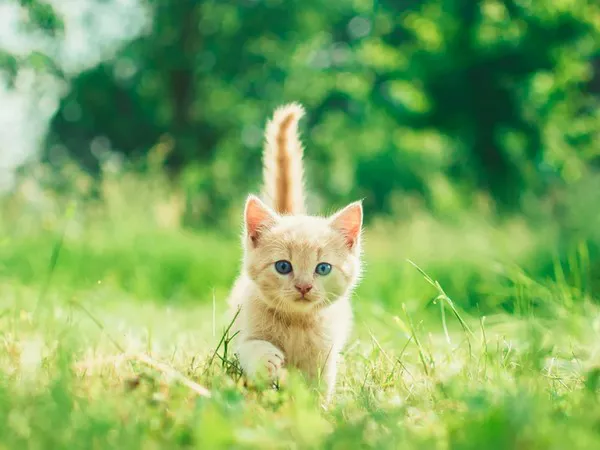Bearded dragons, known for their unique appearance and amiable nature, are popular reptilian companions in the pet world. As responsible owners, it’s crucial to provide a well-balanced and varied diet to ensure their health and well-being. One frequently asked question in the realm of bearded dragon care is, “Can bearded dragons eat cantaloupe melon?” In this article, we will delve into the nutritional aspects, potential benefits, and considerations associated with introducing cantaloupe melon into the diet of bearded dragons.
Understanding Bearded Dragons’ Diet
Bearded dragons are omnivorous reptiles with a diverse diet that includes insects, vegetables, and fruits. Maintaining the right balance of these food groups is vital for their overall health. While insects are a primary source of protein, vegetables and fruits contribute essential vitamins, minerals, and hydration to their diet.
Nutritional Profile of Cantaloupe Melon
Cantaloupe melon, a sweet and juicy fruit, is rich in various nutrients. It contains vitamins A and C, which are crucial for bearded dragons’ vision, immune system, and overall well-being. Additionally, cantaloupe melon provides hydration due to its high water content, making it a potential treat for bearded dragons.
Can Bearded Dragons Eat Cantaloupe Melon?
Bearded dragons can indeed consume cantaloupe melon, but moderation is key. While the fruit offers nutritional benefits, excessive consumption can lead to imbalances in their diet. It’s essential to view cantaloupe melon as an occasional treat rather than a staple in their daily meals.
Benefits of Cantaloupe Melon for Bearded Dragons
Vitamin Boost: Cantaloupe melon is a great source of vitamins, particularly vitamin A and C, which contribute to bearded dragons’ overall health and vitality.
Hydration Support: The high water content in cantaloupe melon can aid in maintaining proper hydration levels, especially in arid environments where bearded dragons are commonly kept.
Palatability: Bearded dragons often enjoy the sweetness of cantaloupe melon, making it a palatable option for owners looking to diversify their pets‘ diet.
Variety in Diet: Introducing cantaloupe melon provides variety, preventing dietary monotony and encouraging a more comprehensive nutrient intake.
See Also: Unlocking the Essentials: What Vitamins Do Bearded Dragons Need?
Considerations for Feeding Cantaloupe Melon to Bearded Dragons
Moderation is Key: While cantaloupe melon offers benefits, it should be fed in moderation to avoid disrupting the balance of nutrients in a bearded dragon’s diet.
Remove Seeds and Skin: Before offering cantaloupe melon to your bearded dragon, ensure that all seeds and skin are removed, as these parts can be challenging for them to digest.
Freshness Matters: Always provide fresh cantaloupe melon to your bearded dragon. Avoid feeding them overly ripe or spoiled fruit to prevent digestive issues.
Observe Individual Responses: Each bearded dragon is unique, and their tolerance to certain foods may vary. Monitor your pet’s response to cantaloupe melon, looking out for any signs of discomfort or digestive issues.
How to Prepare Cantaloupe Melon for Bearded Dragons
Wash Thoroughly: Wash the cantaloupe melon thoroughly to remove any pesticides or contaminants that could be harmful to your bearded dragon.
Remove Seeds and Skin: Cut the cantaloupe melon into bite-sized pieces, ensuring all seeds and skin are removed.
Offer in Moderation: Feed cantaloupe melon as an occasional treat, alongside a well-balanced diet of insects and vegetables.
Conclusion
In conclusion, bearded dragons can enjoy the occasional treat of cantaloupe melon as part of their diverse diet. The fruit’s nutritional benefits, such as vitamins and hydration, make it a valuable addition when fed in moderation. However, responsible ownership entails careful consideration of individual responses, removal of seeds and skin, and a commitment to maintaining a balanced diet. By understanding the relationship between bearded dragons and cantaloupe melon, owners can ensure the optimal health and happiness of their scaly companions.
Related Topics:
Do Bearded Dragons Need to Be Sprayed? How Often?
Can Bearded Dragons Eat Carrots? Your Go-To Guide
What Not to Feed Bearded Dragons: 10 Things to Avoid
























